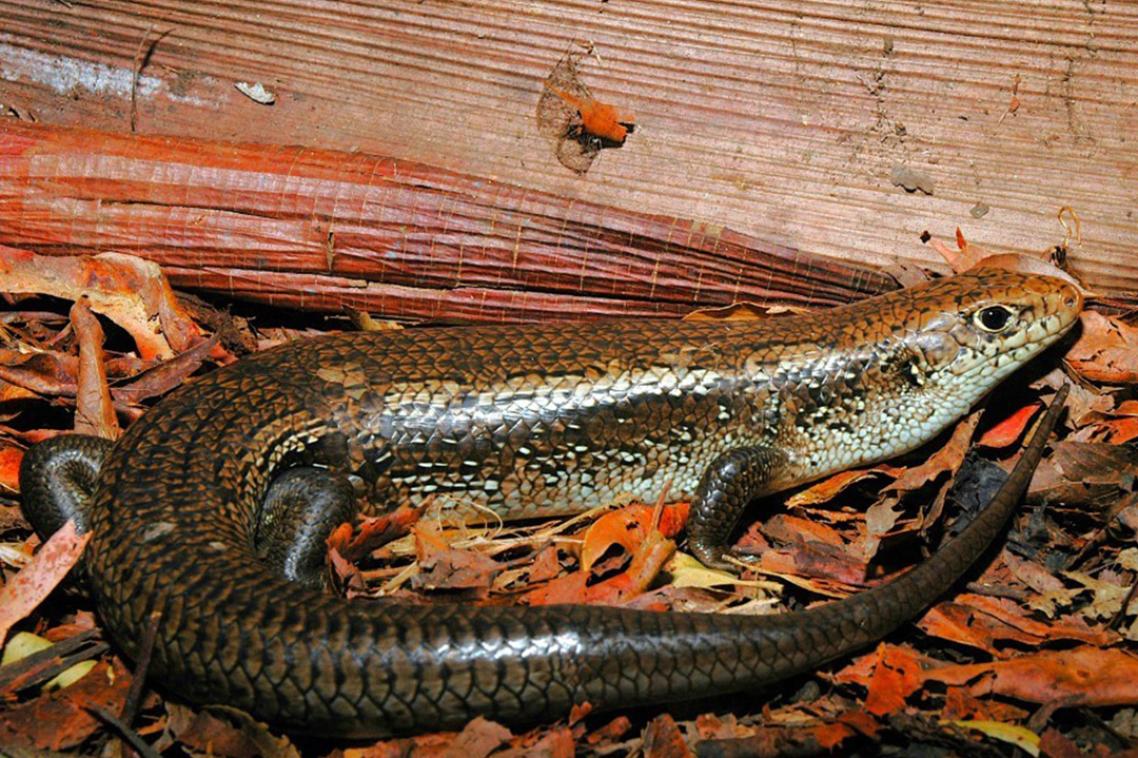Partnership to improve fire fighting a blazing success
A partnership between The University of Queensland (UQ) Gatton Campus, Airservices Australia, and Queensland Fire and Rescue Service is helping to ensure the safety of air travellers.
The project also aims to help home and business owners by improving current fire fighting technology available.
The Centre for Pesticide Application and Safety (CPAS), based at the University’s UQ Gatton is conducting the research. The Centre has been researching the effective and safe atomisation and dispersal of sprays for more than 20 years.
CPAS facilities include an advanced wind tunnel laboratory to study the aerial and ground application of chemicals, spray drift, nozzle design, formulations, irrigation systems, and the measurement and modelling of aerodynamic systems. They are now being used to study the performance of fire fighting equipment.
CPAS Director Nicholas Woods has been working closely with Airservices Australia and Queensland Fire and Rescue Service personnel from Brisbane to test innovative nozzle technology.
“The device we are testing is a CCS-Cobra cutting extinguisher, fitted to a new $1.4 million state-of-the-art fire truck which is about to become operational in Queensland,” Mr Woods said.
“The CCS-Cobra is designed to minimise attack time for fire units by allowing fire fighters to use jets of water and abrasive to penetrate through walls and barriers straight to the fire source.
“Previously, fire fighters would have had to manually use machinery or tools to break through walls or other barriers and then apply water to the fire. The new system is also much safer for personnel on the ground.”
Airservices Australia is evaluating the equipment for use by the Aviation Rescue Fire Fighting Service. Potentially the equipment will enable the Aviation Rescue Fire Fighting service to very quickly maintain survivable conditions within an aircraft fuselage resulting in more passengers surviving and evacuating the aircraft.
The wind tunnel facilities at the University allow the researchers to monitor and accurately measure the movement and size of droplets generated by fire extinguisher nozzle systems. This data can then be used to calculate the performance of nozzle systems and their capacity to reduce heat load and contain fires.
Mr Woods said the new CPAS research demonstrated the breadth of studies conducted by the group, which also maintained a traditional focus on rural applications for their technologies.
“The research which can be conducted by the Centre has the potential to impact on an enormous number of areas including industrial nozzle systems, fire management, public health, environmental toxicology, forestry, and occupational workplace health and safety,” he said. “This is in addition to the extension and consultancy programmes taken for the agricultural and horticultural industries.”
Media inquiries: Susanne Schick - UQ Gatton Campus (07 5460 1229, 0409 265 587).
Additional information: Nicholas Woods – CPAS (07 5460 1293)
Related articles
Dodging banana diseases is value for money

How Aussie skinks outsmart lethal snake venom
Media contact
UQ Communications
communications@uq.edu.au
+61 429 056 139
